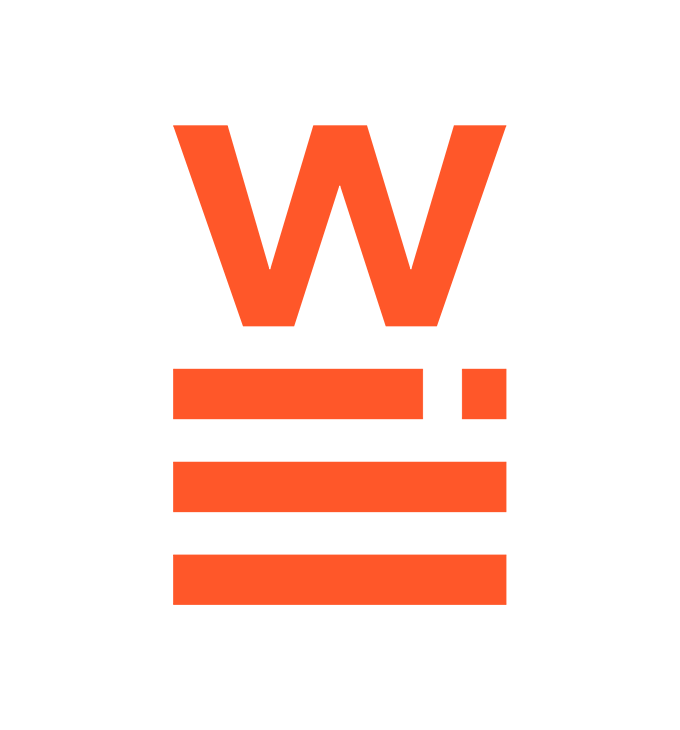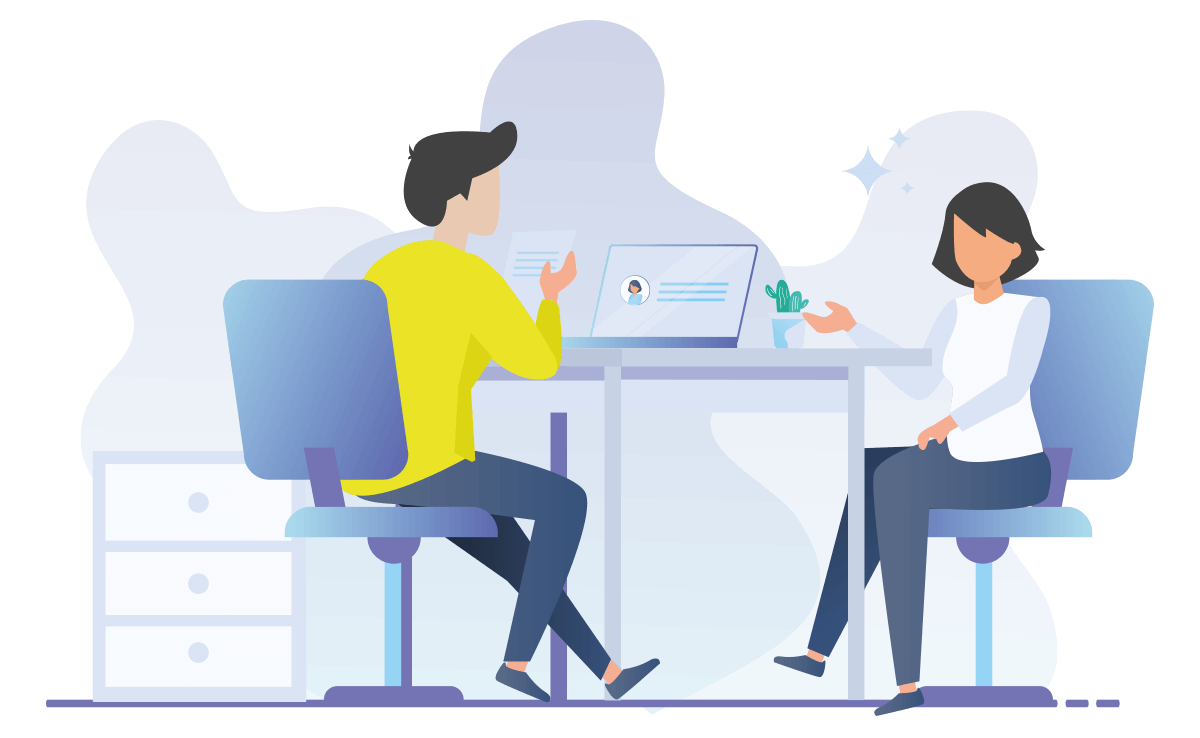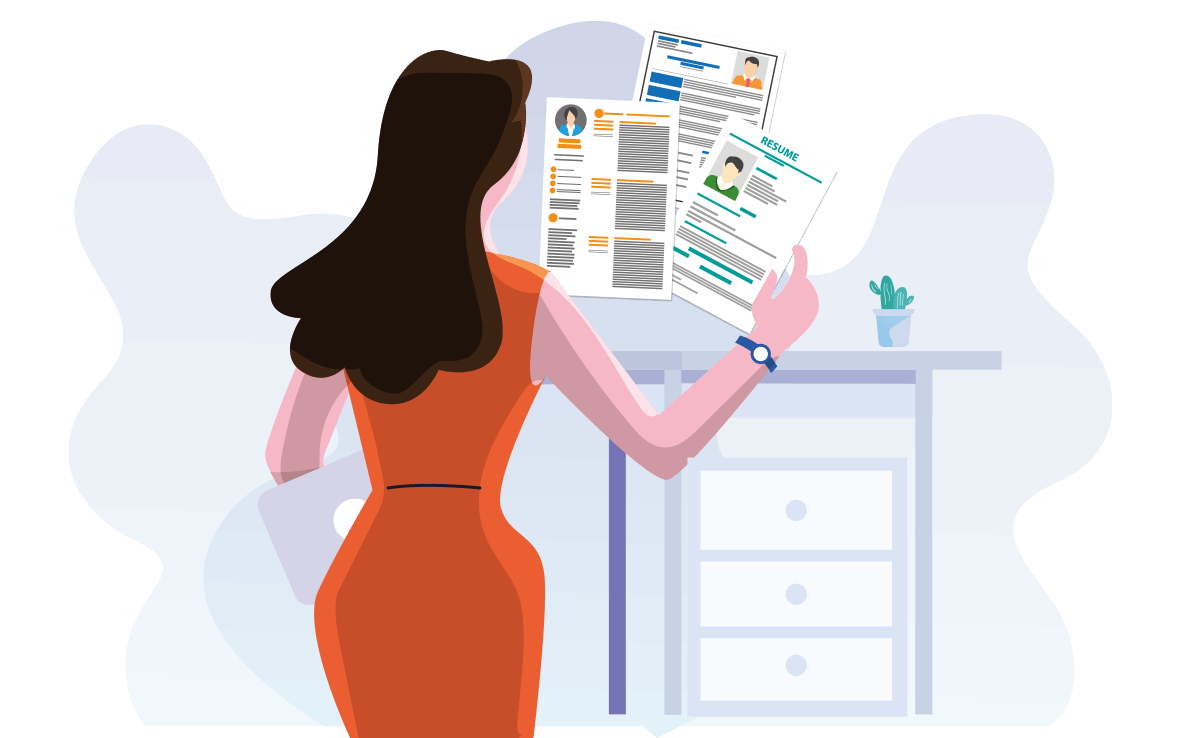Interview Behaviour and Style
Making A Strong Positive Impression
Succeeding at interview is more than just giving great answers. Your potential employer will be evaluating your total presentation and performance – not just your verbal responses – before making a decision. Interview behaviour is an important element in landing a job.Your style and the way you dress can make a strong (or bad) impression on an employer. Even if you know a company has a casual dress code, it is best to dress up anyways. This shows professionalism and respect to the potential employer.
Make sure your mobile is switched to silent before you enter the interview room. When you first meet the interviewer(s) always be polite and offer a smile and introduce yourself with a firm handshake. Stand and sit with good posture, this will show you are attentive. Avoid eating, drinking, and chewing gum during an interview. Howerever, if the interviewer offers a coffee or other beverage it is ok to accept.
The right interview behaviour is likely to leave a strong positive impression:
- an interested, balanced approach
- the ability to express thoughts clearly
- confidence
- clear thought about your career planning and objectives
- open, informative replies
- tact, maturity and courtesy
- maintaining eye contact
- a firm handshake
- intelligent questions about the job
- preparation and knowledge of the company and industry
- enthusiasm for the role and the organisation
- a positive 'can-do' attitude.
Interview Preparation Guide
Set yourself apart with strong interview skillsRemember, you never get a second chance to make a good first impression. However, good preparation takes the pain out of the process.
Job Interview Preparation
Remember: Prepare, prepare, prepare!Preparation is essential and greatly enhances your chances of performing well, So:
- know your CV
- know your potential employer
- understand commonly used interview styles
Best Job Interview Tips
- Ensure your consultant has provided you with a detailed understanding of the position description, the team environment and the organisation.
- Conduct additional research on the organisation by reading annual reports and researching on the internet. Understand the organisation's products and services, size, locations, financial situation and growth potential.
- Make sure you know exactly where you're going and always be on time.
- Dress conservatively and pay attention to all aspects of your dress and grooming.
- Know the exact place and time of the interview, the interviewer's full name and the correct pronunciation of their title.
- Spend time reviewing your resume and experience and its relevance to the position. Identify the specific examples in your background that are directly relevant to the position description and demonstrate your ability to do the job.
- Refresh your memory on the details of present and past employers and your work history for each. You will be expected to know a lot about a company for which you have previously worked. Pay particular attention to how you will describe your most important achievements.
- Be prepared to communicate why this role appeals to you, why you should be considered for this role and what sets you apart from other candidates.
- Prepare the questions you will ask during the interview. Remember that an interview is a two-way street. The employer will try to determine if you have the qualifications necessary to do the job. You must decide whether the company will give you the opportunity for the growth and development you seek.
Interview Structure & Questions
Competency Based Interviews
Competency based interviews are the most prevalent style of interviewing, also known as behavioural interviews. They require you to draw on past experience and describe specific examples demonstrating your competence in a particular area. The most effective way of answering these questions is to use the 'STAR' technique:SITUATION - briefly describe the background to the situation
TASK - specifically describe your responsibility
ACTION - describe what you did
RESULT - describe the outcome of your actions
Here is an excellent answer to a competency based question that is testing teamwork as a competence:
Question: "Teamwork is very important in our organisation. Can you provide me with a specific example that demonstrates that you are a good team player?"
Answer: "I have a number of examples I could share with you. In one instance, when I was working as a financial analyst at ABC company, the sales team were putting together a bid for a large piece of work and the analyst that normally helps them was on leave. I offered to assist and worked late every night for two weeks to ensure they had all the information they needed. They took on my suggestions about pricing and also some creative ideas I had on formatting the proposal. We won the bid and I was promoted as a result."
You may be required to provide between one and three real life examples to validate one particular competence.
Job Interview Questions
- What are your career aspirations?
- Why do you want to work for our company?
- What interests you about our product or service?
- Of your previous jobs, which did you enjoy most and why?
- How have you managed conflict in the past?
- Describe what you have done in your career that shows your initiative
- What are your weaknesses? Your strengths?
- What style of management gets the best from you?
- What have been your major achievements to date?
Remember you are being interviewed because the interviewer wants to hire somebody - not because they want to trip you up or embarrass you. Through the interaction that takes place during the interview, they will be searching out your strong and weak points, evaluating you on your qualifications, skills and intellectual qualities and will probably also seek to determine your attitudes, aptitudes, stability, motivation and maturity.
After the Interview
Closing The Interview
If you are interested in the position, make sure you tell the interviewer.Thank the interviewer for their time and consideration of you. You have done all you can if you have answered; Why you are interested in the job and the company? What you can offer? And why can you do the job?
After The Interview
Last but not least, call your Asia Recruit's consultant immediately after the interview and let them know how it went. They will want to talk with you before the interviewer calls and will appreciate your feedback. If you are interested in progressing further let them know, together with your thoughts on what the client's reaction is likely to be.Finally, relax - you have now done all you can!




